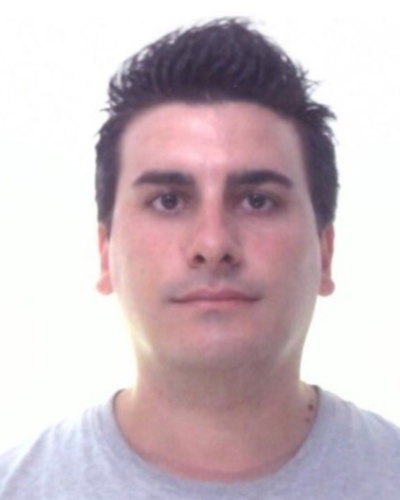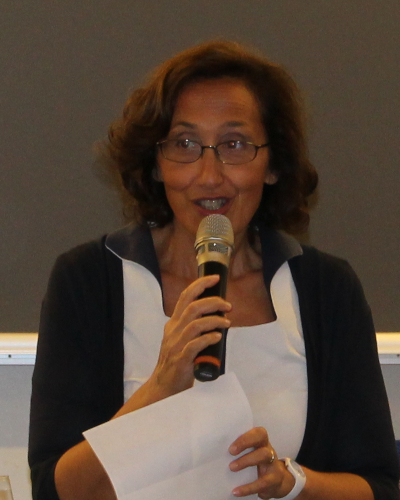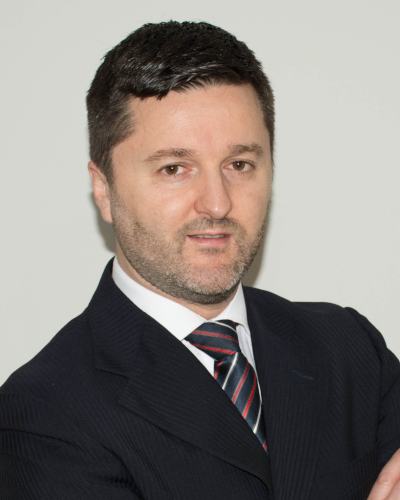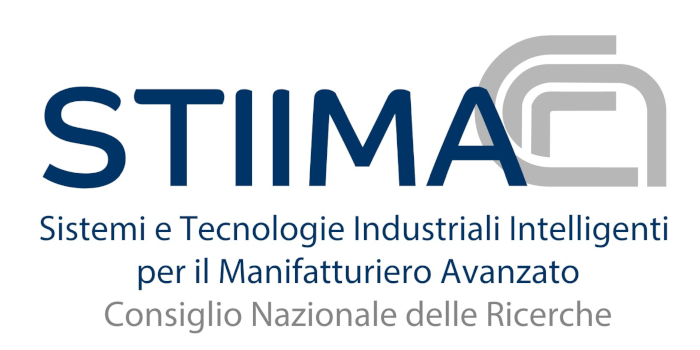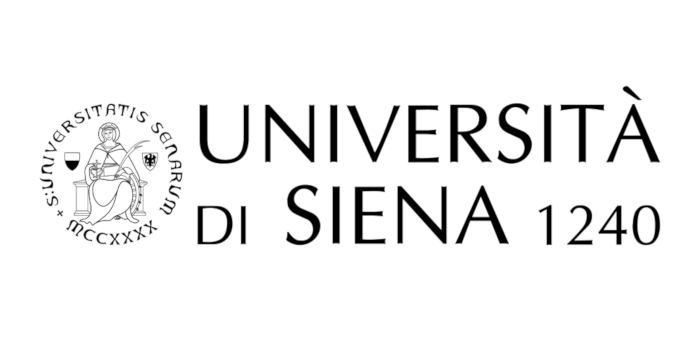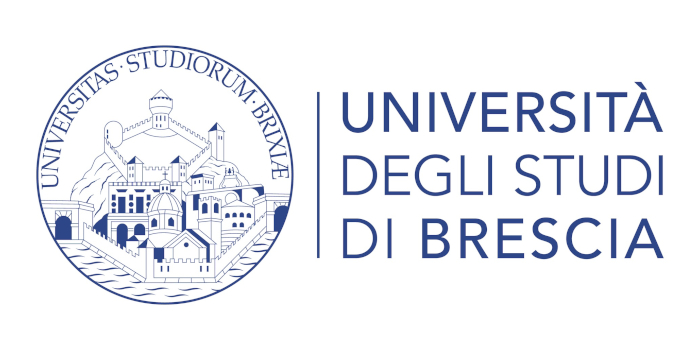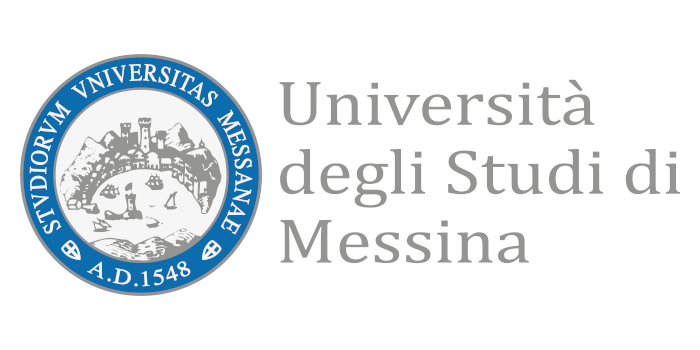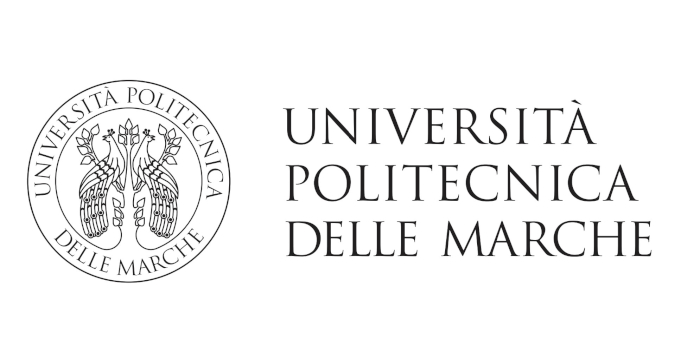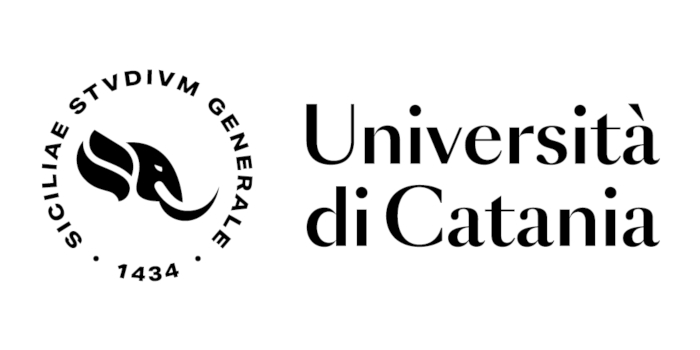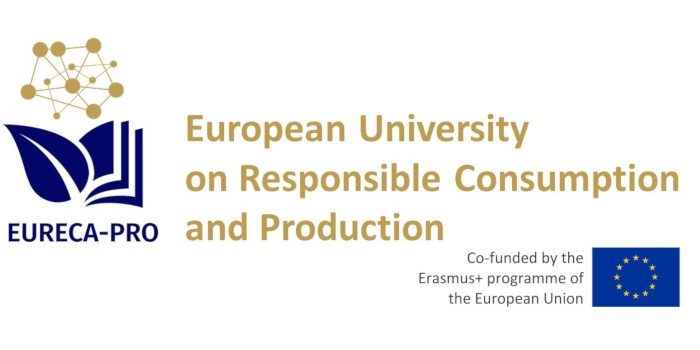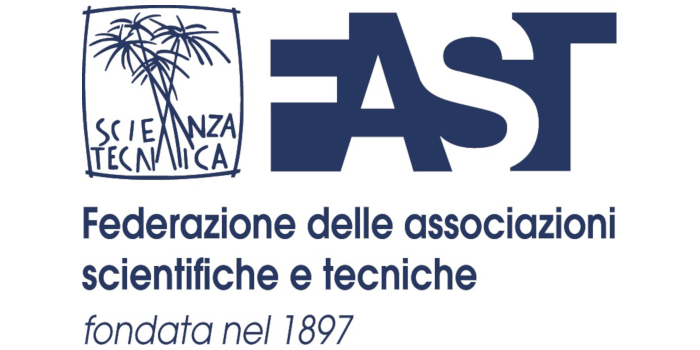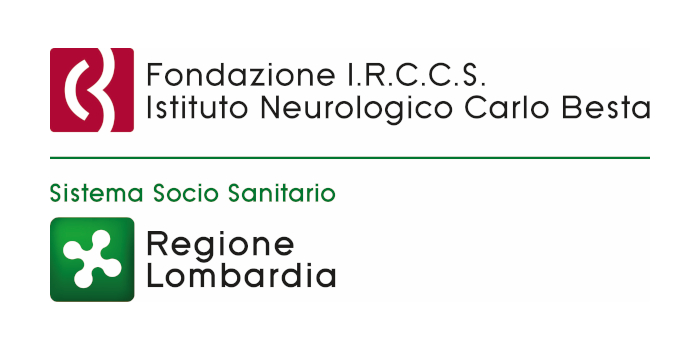SPECIAL SESSION #2
Data-driven and Artificial Intelligence Perspectives in Measurements for Battery Characterization Systems
ORGANIZED BY
Simone Barcellona
Politecnico di Milano, Italy
Loredana Cristaldi
Politecnico di Milano, Italy
Marco Faifer
Politecnico di Milano, Italy
Emil Petkovski
Politecnico di Milano, Italy
ABSTRACT
Nowadays, energy storage systems are playing a strategic role in several stationary, mobile, and Industry 4.0 applications. Moreover, battery performance improvement and price reduction are crucial targets for the decarbonization challenge that considers one of the strategic targets of the massive use of electric vehicles (EVs). The modeling of these devices and an accurate estimation of the battery State of Charge (SoC) and State of Health (SoH) are crucial topics if we consider that Lithium-ion (Li-ion) batteries are present in products and machines of all sizes, running from small applications (such as health devics, smartphone, tablet, …) to massive applications (such as electric transportat ions, grid stability, energy storage,…). Starting from these considerations, the modeling of batteries and the estimation of their parameters becomes a very important challenge. In particular, exploiting new data-driven methods in computing key battery parameters and predicting the Remaining Useful Life are mandatory for the effective operation of Battery Management Systems (BMS) and ensure reliability, operational safety, and optimum battery capacity utilization.
MAIN TOPICS
Topics of interest for this Special Session include but are not limited to:
- Tests and measurements strategy for batteries modeling and characterization
- Machine learning and Data-Driven techniques for batteries parameters estimation
- State of health prediction techniques
- State of charge prediction techniques
- Bayesian method for system-level reliability
- Functional safety for the BMS and battery packs
- Energy storage systems integration and management
- Battery management strategies for EVs
ABOUT THE ORGANIZERS
Simone Barcellona was born in Milan (Italy), in May 1985. He received the M.Sc. and Ph.D. degrees in electrical engineering from the Politecnico di Milano, Milan, Italy in July 2011 and December 2014, respectively. During the PhD studies, the research activity was mainly devoted to the study of the theoretical and mathematical topology and operation of power static converters and the study of conservative functions relating to the switching networks where the converters are a cause. Currently, he is a researcher at the Politecnico di Milano. His current research interests include the study of power electronic converters and modeling of energy storage systems.
Loredana Cristaldi (S’91–M’01–SM’06) received the M.Sc. degree in electrical engineering from the University of Catania, Catania, in 1992, and the Ph.D. degree in electrical engineering from the Politecnico di Milano, Milan, Italy, in 1995. In 1999, she joined the Dipartimento di Elettrotecnica, Politecnico di Milano as an Assistant Professor of electrical and electronic measurements. She is a Full Professor with the Dipartimento di Elettronica, Informazione e Bioingegneria, Politecnico di Milano.
Her current research interests include the measurements of electric quantities under nonsinusoidal conditions, virtual instruments, and measurement methods for reliability, monitoring, and fault diagnosis.
Prof. Cristaldi is a Counsellor of the IEEE Student Branch of the Politecnico di Milano and a member of the TC 315 CEI (WG6) and TC56 CEI.
Marco Faifer (Senior Member, IEEE) received a Ph.D. degree in electrical engineering from Politecnico di Milano, Milan, Italy, in 2009.
He is currently an Associate Professor with the Dipartimento di Elettronica, Informazione e Bioingegneria, Politecnico di Milano. His scientific activity is mainly concerned with DSP techniques and the development of industrial sensors and devices for high-voltage measurements. Moreover, he develops measurement algorithms for the characterization of electrical components and materials. He also works in the field of diagnostics for electrical devices.
Emil Petkovski was born in Skopje, North Macedonia on September 8, 1994. He received the M.Sc. degree in Electrical Engineering, from Politecnico di Milano, Italy in 2020 and is currently a PhD researcher at the Department of Electronics, Information and Bioengineering (DEIB), Politecnico di Milano.
His current research activities are in the field of Electrical measurements, Photovoltaic systems, data driven State of Health and End of Life prediction of Li-ion batteries and the Digital Twin paradigm.


